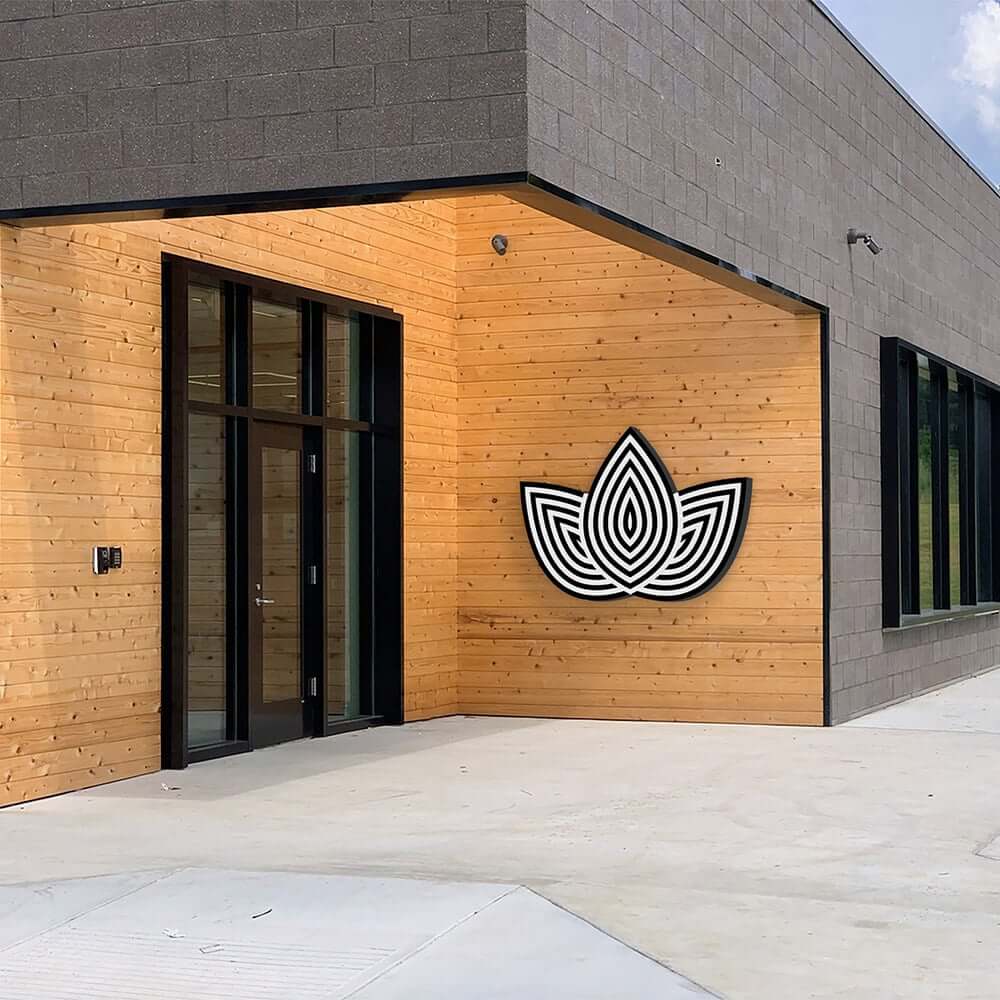Zen Leaf Pennsylvania
Find a Zen Leaf location in Pennsylvania and discover local state resources for medical patients in the state.
All Zen Leaf Dispensary Locations in Pennsylvania
Including The Former Healing Center, The Healing Research Center and TerraVida Holistic Centers
Resources for Medical Marijuana Patients in Pennsylvania
Learn how to become a medical marijuana patient in PA and find the answers to the most frequently asked questions about medical marijuana laws in the state so you are prepared to make informed decisions about treating your qualifying condition.
Pennsylvania Medical Marijuana FAQs
If you are interested in becoming a medical marijuana patient in PA, or if you have your card, you likely have questions about the laws and compliance while purchasing and consuming medical marijuana products. In these resources, we have compiled the most commonly asked questions we receive about medical marijuana in PA and their answers.
Resources for Medical Marijuana Patients in Pennsylvania
Medical marijuana became legal in Pennsylvania on April 17th, 2016, when Governor Wolf signed the Medical Marijuana Act (S.B. 3), but it took another two years before dispensaries could begin serving patients. The laws in PA regarding medical marijuana purchase and consumption are rather complicated, so many residents are concerned about understanding their rights and ensuring they are adhering to these laws to avoid any potential legal issues. Consult the resources below for answers to your questions about medical marijuana in PA.
New Pennsylvania Medical Marijuana Patients
How Do You Get a Medical Marijuana Card in Pennsylvania?
Obtaining a medical marijuana card in Pennsylvania requires becoming part of the state’s medical marijuana program, which involves the following steps:
1. Register for the program online through the Medical Marijuana Registry.
To be eligible for registration, you must have a Pennsylvania state driver’s license or an official state ID card from the PA Department of Transportation. You will enter your legal name, current valid mailing address, email address, and contact information. After the system validates your information, you create a username and password and can access your patient portal with your patient ID number. You will receive an email confirmation that your registration is successful and prompt you to complete the next step.
2. Contact an approved physician to certify that you experience one of the medical conditions that qualify for medical marijuana under state law.
A patient certification states that you have received a formal diagnosis for your qualifying medical condition and that the physician believes medical marijuana would benefit you. All physicians that recommend medical marijuana for patients are required to register with the PA Department of Health, complete Continuing Medical Education training offered by an approved provider and undergo a final review before they can issue patient certifications for medical marijuana. They utilize the Medical Marijuana Registry and submit patient certifications directly into the online system.
After you obtain a patient certification in the Medical Marijuana Registry system, you will receive an email confirmation that directs you to complete your application and pay for your card.
3. Return to the Medical Marijuana Registry to complete your application and pay for your medical marijuana card.
Obtaining a medical marijuana card in PA costs $50, but patients participating in medical assistance programs such as Medicaid, CHIP, SNAP, WIC, and PACE/PACENET may be eligible to receive fee reductions. Once you receive your card in the mail, you can visit one of the state’s approved dispensaries to purchase medical marijuana products.
Discover your Zen!
Sign up for the Zen Leaf Newsletter for Updates, Discounts and Other News!
